18, August 2018
Medical Staff Abandon Hospitals in Southern Cameroons 0
Medical staff are fleeing hospitals in Cameroon’s troubled English-speaking regions after attacks this month left several nurses dead and many others wounded. Medics say they are stuck between a military that accuses them of aiding armed separatists and rebel fighters who say hospitals betray them to the army.
Elvis Ndansi, of the Cameroon trade union of nurses, says the killings and abuse provoked outrage in the medical corps.
“The military comes, chase them out of the hospital, brutalize them, beat them. As medical personnel, we all stand to condemn these acts and say they are very wrong. Medical personnel are supposed to be protected in times of war. They are there to take care of all casualties, be they from the military, be they from the Ambazonians or secessionists. Their role is to save lives,” Ndansi said.
Governor Bernard Okalia Bilai of the English-speaking southwest region denies the military is responsible for the attacks, saying the separatists seeking an English-speaking state in Cameroon are the ones to blame. He says he has instructed the military to protect hospitals from armed gangs.
Despite the danger of traveling in the region, hundreds of medics showed up Wednesday for a funeral to honor Nancy Azah and her husband Njong Padisco. The couple, both nurses, were shot dead last week, reportedly by Cameroonian troops.
Nurse Arrey Rose says the association of nurses called on the medical community to show solidarity by attending the funeral service.
“We have mobilized to let the world know that doctors, nurses, laboratory technicians and pharmacists are tortured and killed just for saving lives,” Rose said. “God spared mine when I was pulled out of hospital and beaten just because I was accused of hiding terrorists. Many are dead, many are wounded.”
The violence has led patients and medical staff to desert hospitals in both the northwest and southwest.
Eighteen-year-old Mundi Ernestine says that when she took her younger brother to Bamenda regional hospital, there was no one to treat him.
“God has been sustaining him,” Ernestine said. “We were not attended to in the hospital for a week because the staff was absent. We had to carry him on our back through the bush to Bamenda, which is a bit calm. He is recovering, but my fear is that many are dying in the bushes just because there is no nurse to help.”
The Cameroon Medical Council says, due to the ongoing conflict, the exact number of medical staff who have fled the two volatile regions is unknown.
Governor Bilai is calling on them to return. He says all political leaders and civil society groups should educate runaway staff to go back to their work, especially now that the military is protecting medical facilities.
More than 300 civilians and security forces have been killed in Cameroon’s English-speaking regions since 2016, when separatists launched their drive for an independent state they call Ambazonia.
The United Nations says at least 200,000 people have been internally displaced in the conflict and tens of thousands have fled to neighboring Nigeria.
Source: VOA
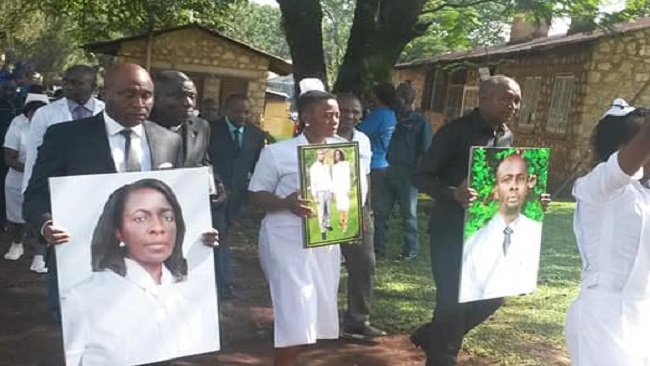
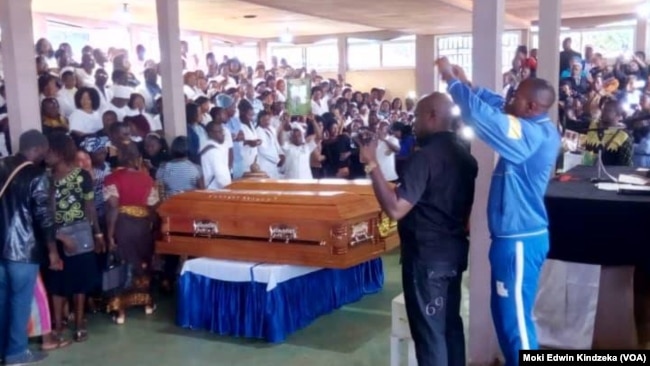
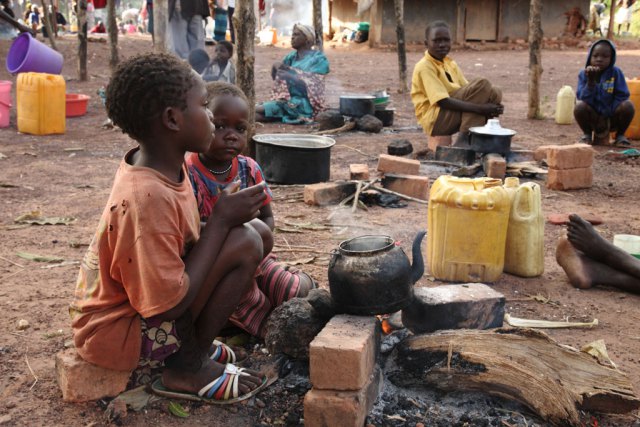
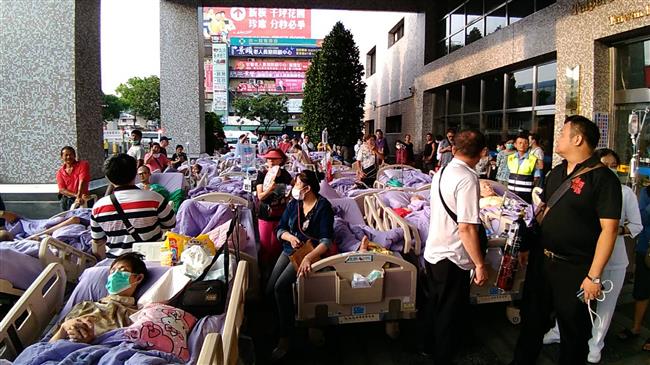

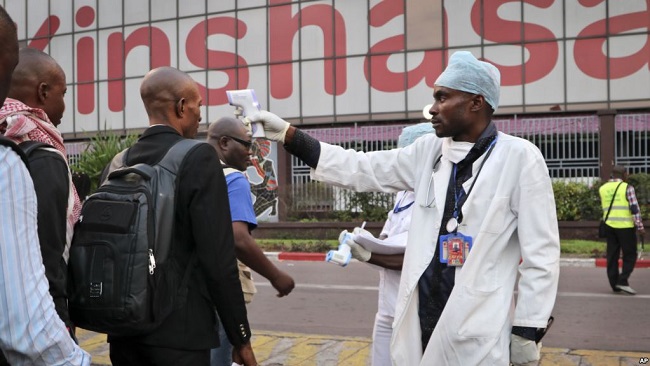

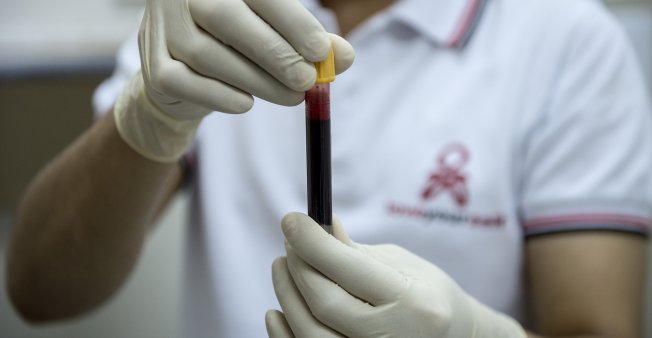
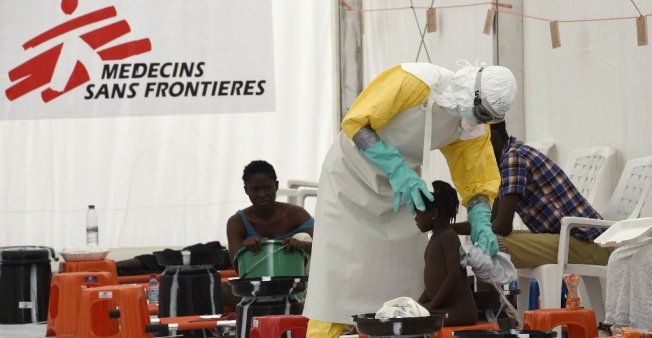

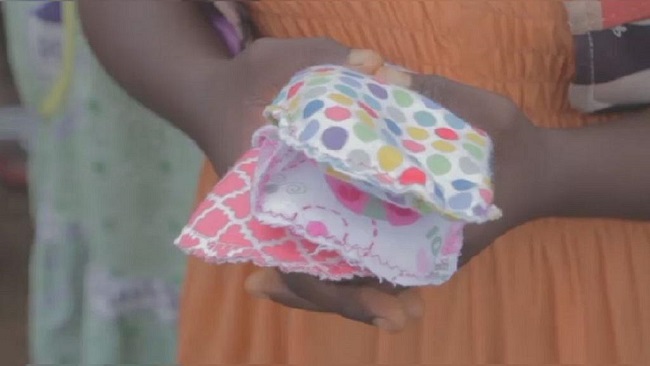


















26, August 2018
No amount of alcohol is healthy 0
No amount of alcohol consumption is healthy and any slight health benefits of drinking alcohol are clearly offset by the risks, according to a major new study in the United States.
The study by the University of Washington’s Institute for Health Metrics and Evaluation looked at levels of alcohol use and its health effects in 195 countries, including the US, between 1990 and 2016.
The researchers built a database of more than a thousand alcohol studies and data sources. The goal was to estimate how alcohol affects the risk of 23 health problems. The number that came out, in the end, was zero. Anything more than that was associated with health risks.
“Our results show that the safest level of drinking is none,” researchers explain in the study published in The Lancet. “This level is in conflict with most health guidelines, which espouse health benefits associated with consuming up to two drinks per day.”
“What has been underappreciated, what’s surprising, is that no amount of drinking is good for you,” said Emmanuela Gakidou, a professor of global health at the University of Washington and the senior author of the report.
“People should no longer think that a drink or two a day is good for you. What’s best for you is to not drink at all,” she said.
This new data concludes that “consuming zero standard drinks daily minimizes the overall risk to health,” and recommends that countries with high rates of drinking do more to prevent a troubling rise in the use of alcohol.
Prior studies have suggested that moderate drinking can help prevent some kinds of heart disease and diabetes, among other medical conditions. But the new study found that many other health risks offset and overwhelm the health benefits.
The top 10 countries for drinking are all in Europe, according to the study, which also identifies men as most likely to abuse alcohol around the world. The countries with the least alcohol consumption were predominantly Muslim. Drinking alcohol is prohibited in Islam.
The report found that 2.8 million people across the globe died in 2016 of alcohol-related causes. Those deaths include alcohol-related cancer and cardiovascular diseases, infectious diseases such as tuberculosis, intentional injury such as violence and self-harm, and traffic accidents and other unintentional injuries such as drowning and fires.
The US Centers for Disease Control and Prevention (CDC) estimates that 88,000 US residents die of alcohol-related causes each year.
US health officials have highlighted the problem of binge drinking and have said that lawmakers should consider a variety of actions, including alcohol taxes and limits on the density of alcohol retailers.
Source: Presstv